Unless you’ve been half asleep, you probably have noticed that 2020 was remarkable. COVID-19, double — correction — quintuplet hurricanes, murder hornets, threats to public health, and civil unrest. We couldn’t get a break.
The fabric of our society has been tested through disaster risks of multiple kinds. We’ve seen how the masses react to the prospect of quarantine and when the opportunity to lash out at the system was presented, it was taken.
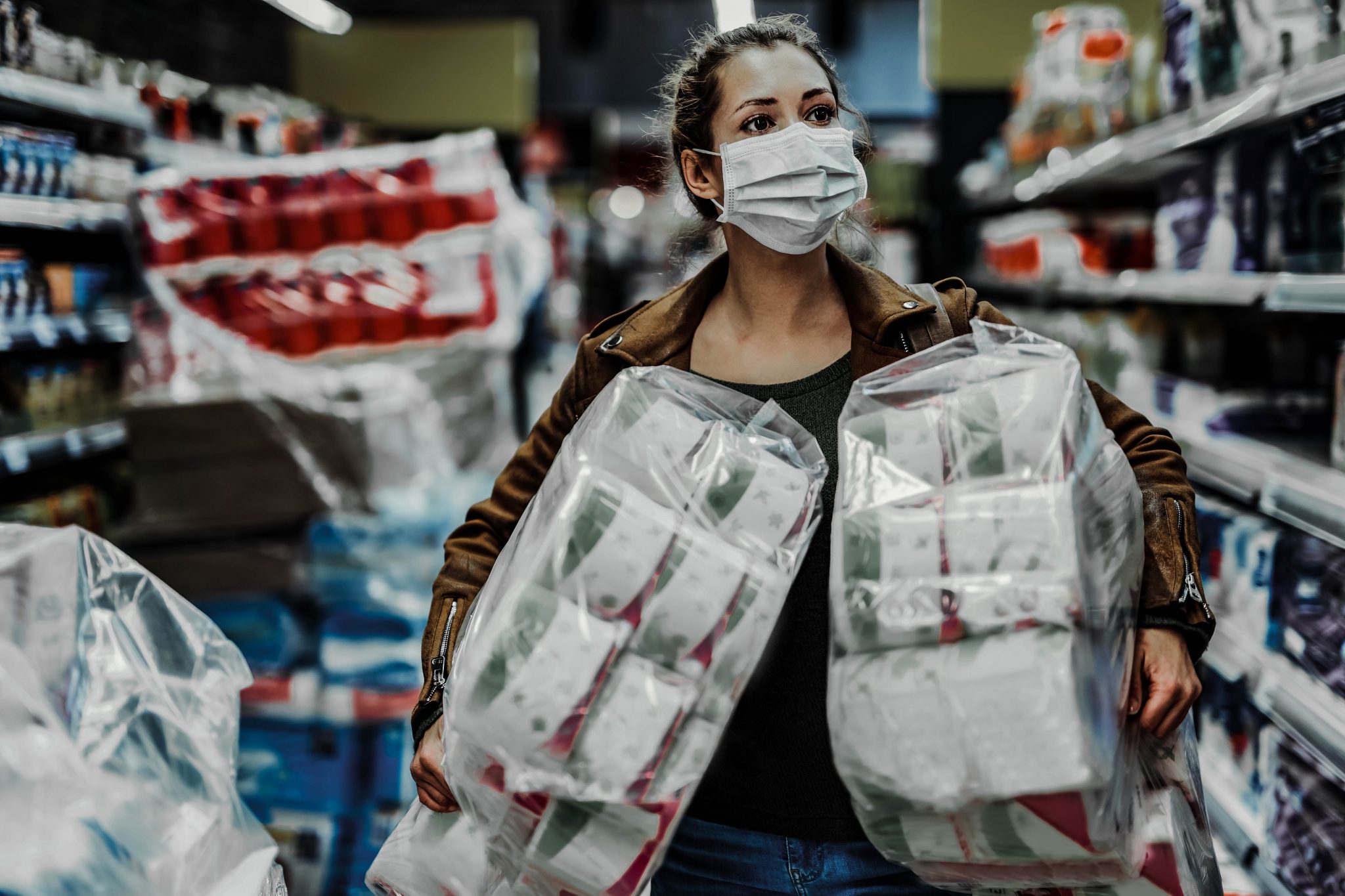
We saw family after family that lacked an emergency plan and panicked when disaster struck. Toilet paper and food were hoarded, ammunition was gobbled up by panic buyers, community after community fell to riots deemed “mostly peaceful protests” by the media, and the public was thrust into the position of seriously considering the lack of safety provided by the government and the benefit of self-reliance.
Disaster prep shot to the front of everyone’s minds at the beginning of the pandemic, and this is the time when all your prepper friends were suddenly given credibility, and the “crazy” labels weren’t slapped on so easily.
With all of these events commanding headlines around the country, it makes sense to level up your disaster prep game. It can’t hurt to be ready for whatever disaster could be coming next.
RELATED – 1947 Texas City Disaster: The Deadliest Industrial Accident in US History
Team Up for Disaster Prep
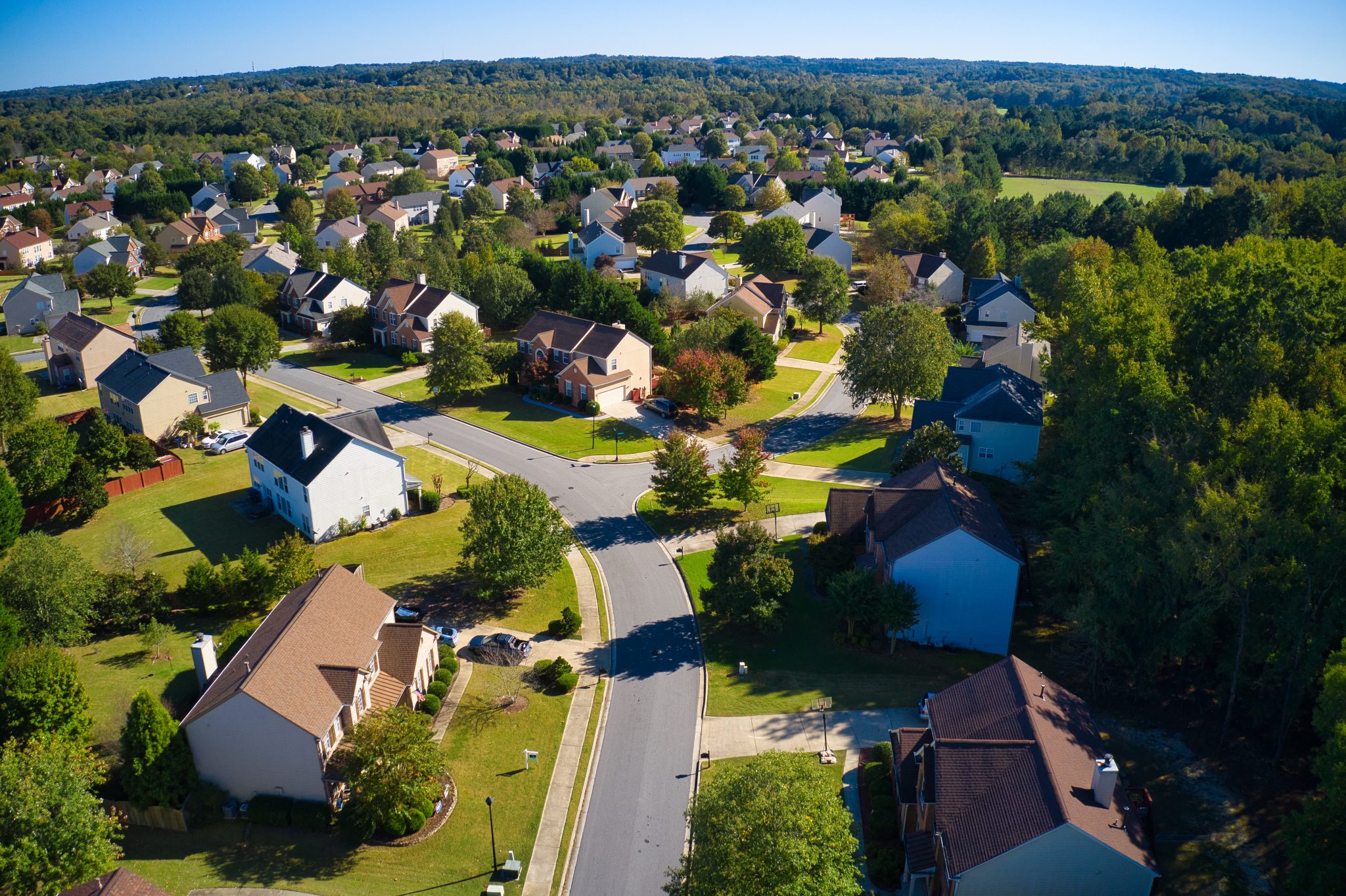
When footage of one disaster after another plays on the nightly news, you will rarely see a single person affected. When civil unrest happens, there is always more than a single actor causing the disruption. You can be certain you won’t be alone during an emergency, and it’s better to team up ahead of time than after the fact.
A word of warning, you need to select the right team. It’s easy to address your concerns to the wrong neighbors, and they will paint you as “the crazy one” on the block. Test the waters first to see if your neighbors are tracking what potential threats exist to your area. See if you can gauge their existing level of disaster preparedness.
If you select carefully, you may find training up these neighbors easier than expected. Keep in mind the more people you have on your team, the more specialized your teammates can become.
You may find a neighbor skilled as a handyman, one as a medic, and one as a mechanic. Perhaps you can fill backup slots for each of these positions. It is far easier to have a team than to tackle all these skills by yourself.
RELATED – Laura Zerra — Survivalist and Social Media Influencer — is not Afraid
Stock Up
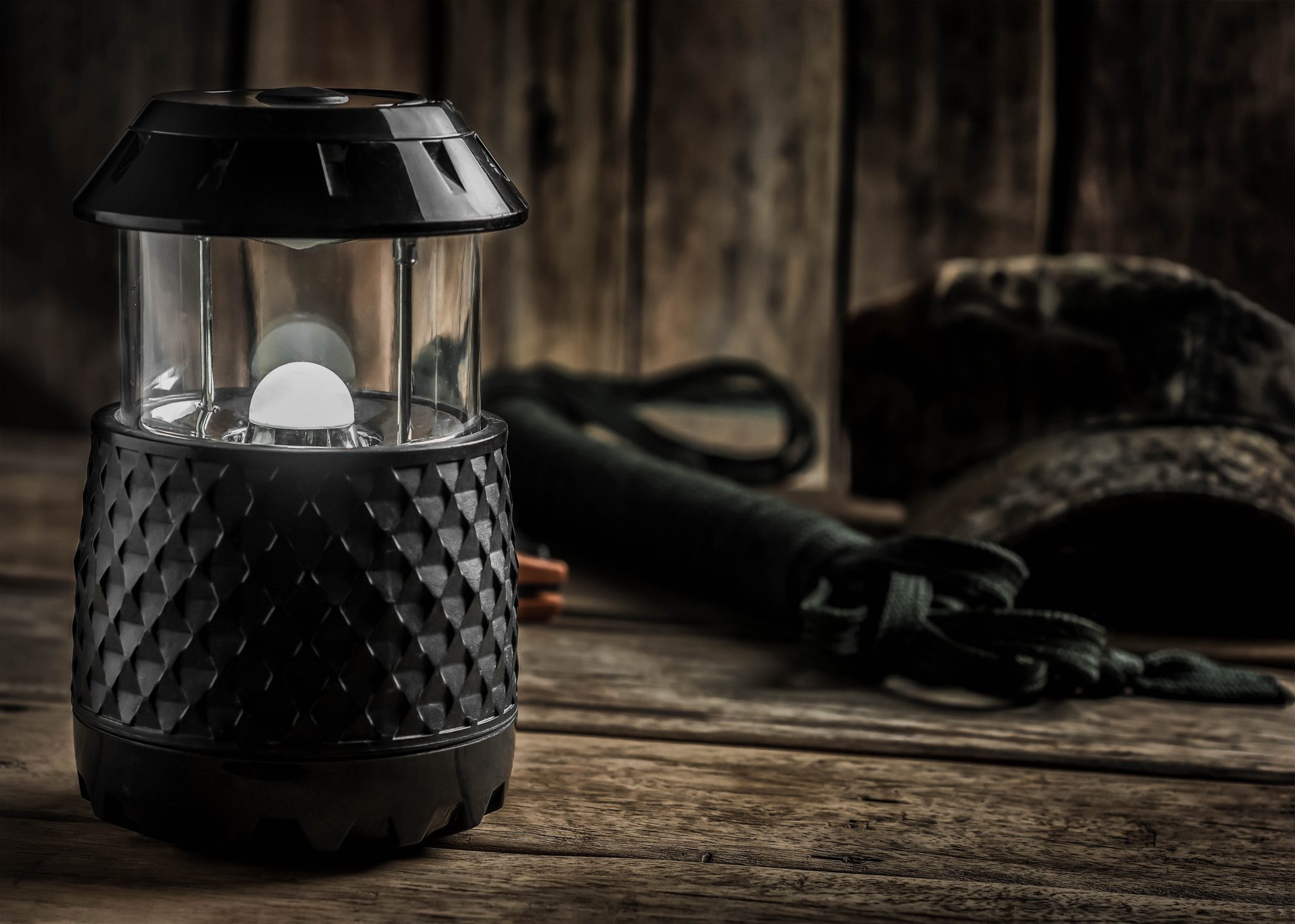
At the expense of sounding too much like a prepper who focuses only on emergency supplies, you need supplies. In general, you should have a set of skills to back up your disaster kit, but you can’t deny the importance of purpose-specific gear to get you through an emergency.
Although it’s great to know how to make fire five different ways, being able to flip the switch on a lantern for light and throw on a dry set of clothes for warmth is a different kind of wonderful. Keeping extra batteries or food can make recovery from a disaster much easier.
Having what you need, when you need it, provides an immediate sense of relief. If you don’t believe me, think about the last time you were in the woods, needed to go to the bathroom, and couldn’t locate your roll of toilet paper fast enough.
Think of the sense of relief you experienced when you found it. This is a simple way of thinking about it but now multiply the gravity of your situation by graver consequences and larger scale.
I would rather have the gear I need when I need it — firearms, fire extinguishers, power sources, toilet paper, etc. — than have to create a makeshift substitute that doesn’t work as well as the original.

Think of the gear you should stock up with based on what you will actually need, not what you want. This line is often blurred by fantasy and expectations based on popular culture. In some circumstances, a simple bottle of bleach is more important than the night-vision goggles you think you need to fight off the invading army.
In other cases, all the food in the world isn’t going to do what an infrared laser and NODs will. Remember, you simply cannot overlook having enough water, food, spare canisters of fuel, tools to fix common problems, and defensive measures.
When you think you are squared away, reassess your kit and seek out better tools and support measures. What can you do to make your disaster prep stronger/better?
RELATED – Survival Movies: 10 of the Best Ever Made
Train Up
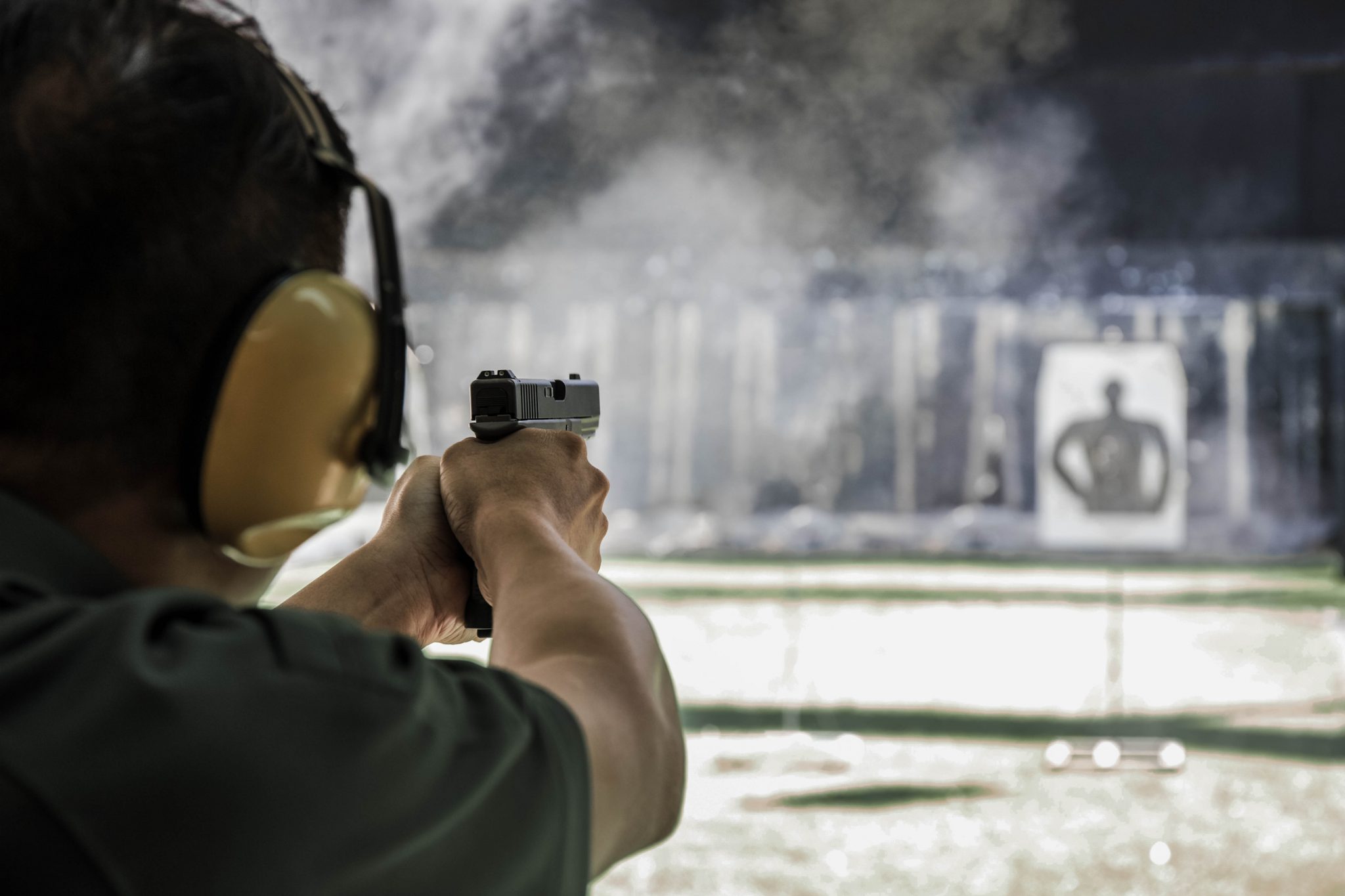
Before you experience any emergency, you should seek out training that makes you more capable. The best emergency or survival kit won’t do you any good if you don’t know how to use it.
Think of your gear and equipment as hardware and your training as software. With proper training, you don’t have to physically experience an emergency in reality before you experience it mentally and in a dry run of what it could be like.
Find a reliable survival instructor who has a plan and is skilled in teaching reality-based disaster prep and survival training. Then look for subject matter experts in your group who can teach you what you don’t already know.
Perhaps you have someone in your group knowledgeable on chainsaw use. Perhaps there is another person who knows how to administer first-aid or address trauma emergencies.
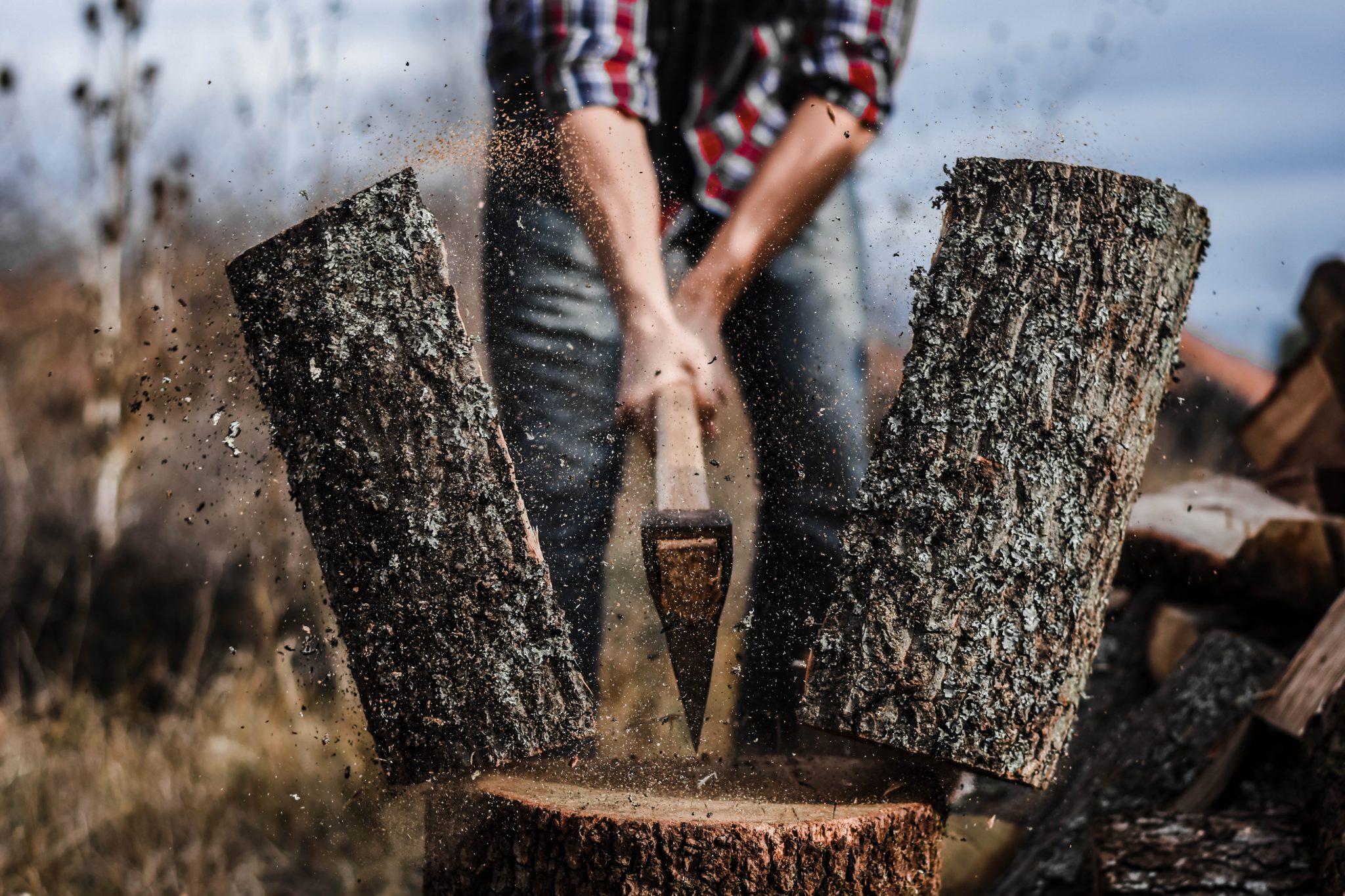
If you’re concerned about using a firearm for self-defense, you should seek out advanced training beyond the basic safety course you likely needed to purchase that firearm. Don’t confuse range time with training. Nothing will replace having a watchful eye to point out where you can improve.
The best plan is only as good as your ability to implement it. Another important element of training for disasters is to mimic what you can of them in the safety of the training environment. It’s easy to practice a “lights out” drill. It’s also easy to set up a practice dry run of what your situation would look like if you had to shelter in place for 48 to 72 hours, or perhaps longer.
I’ve written about the idea of bugging out. Let’s also look at bugging in. Get your neighbors together at your next cookout and share skills — how to apply a tourniquet or how to make emergency lamps, for instance — while you wait for your burgers and dogs to finish cooking. Develop a plan and make your training part of your lifestyle and share it.
RELATED – Understanding Blades: The Survival Knife
Look Up
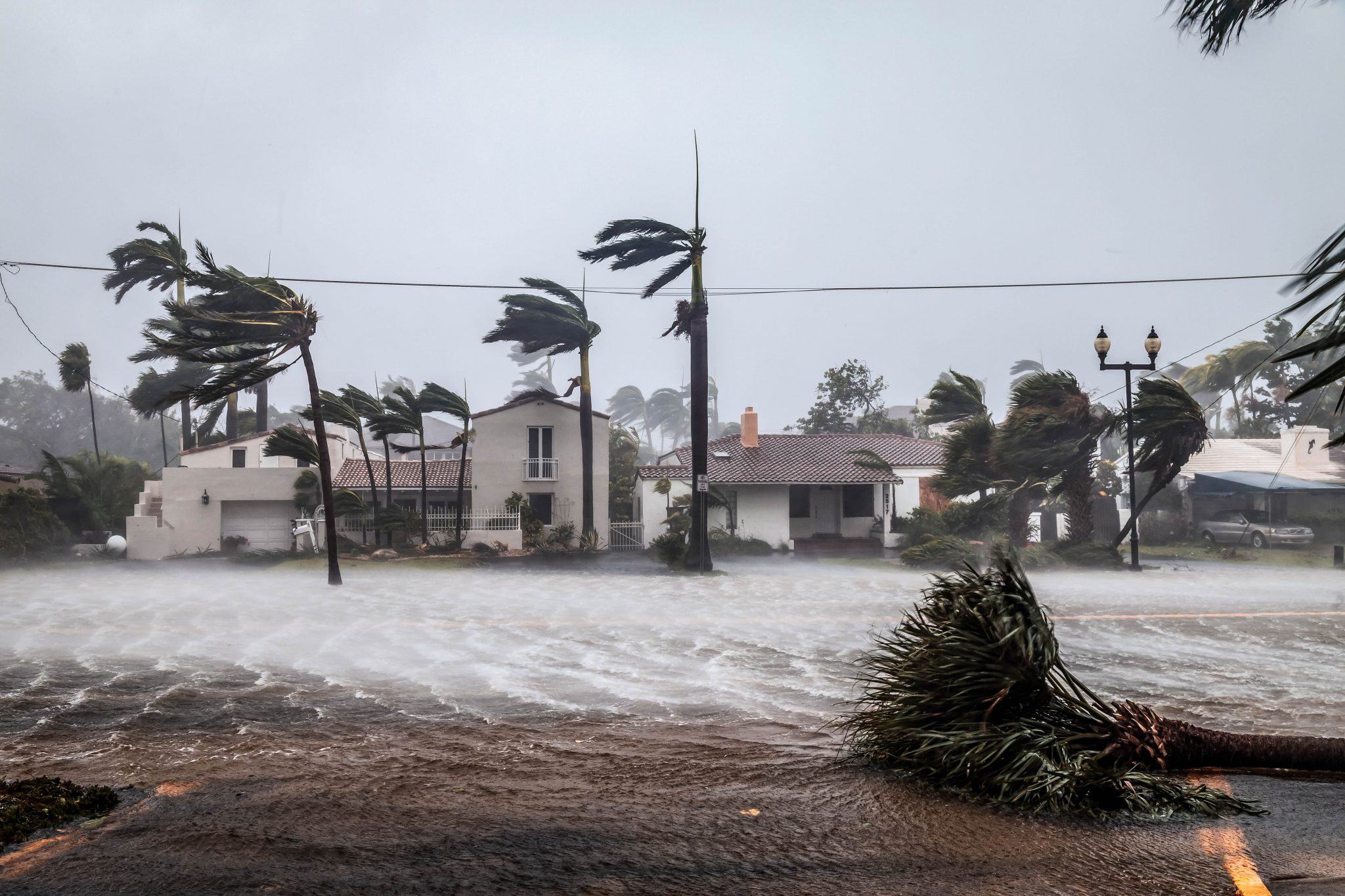
One of the most aggravating lines to read in the news is, “No one saw it coming.” Take that line how you will but realize this is because no one was truly vigilant and knew what to look for.
It’s easy to fall into a sense of complacency. It’s easy to say, “That doesn’t happen in this neighborhood.” Well, these things do happen, and just because something hasn’t happened doesn’t mean it won’t. You should be vigilant, talk to professionals about what to look out for, and stay positive.
One downside to disaster prep is the potential for paranoia. You can’t be vigilant all the time, and if you set in place the right precautions ahead of time, you can somewhat throttle back what you must constantly be concerned about.
As an addendum to the advice of teaming up, one of the benefits of having multiple people tasked with vigilance is the ability to monitor multiple news outlets and local information to maintain a level of awareness you cannot achieve on your own.
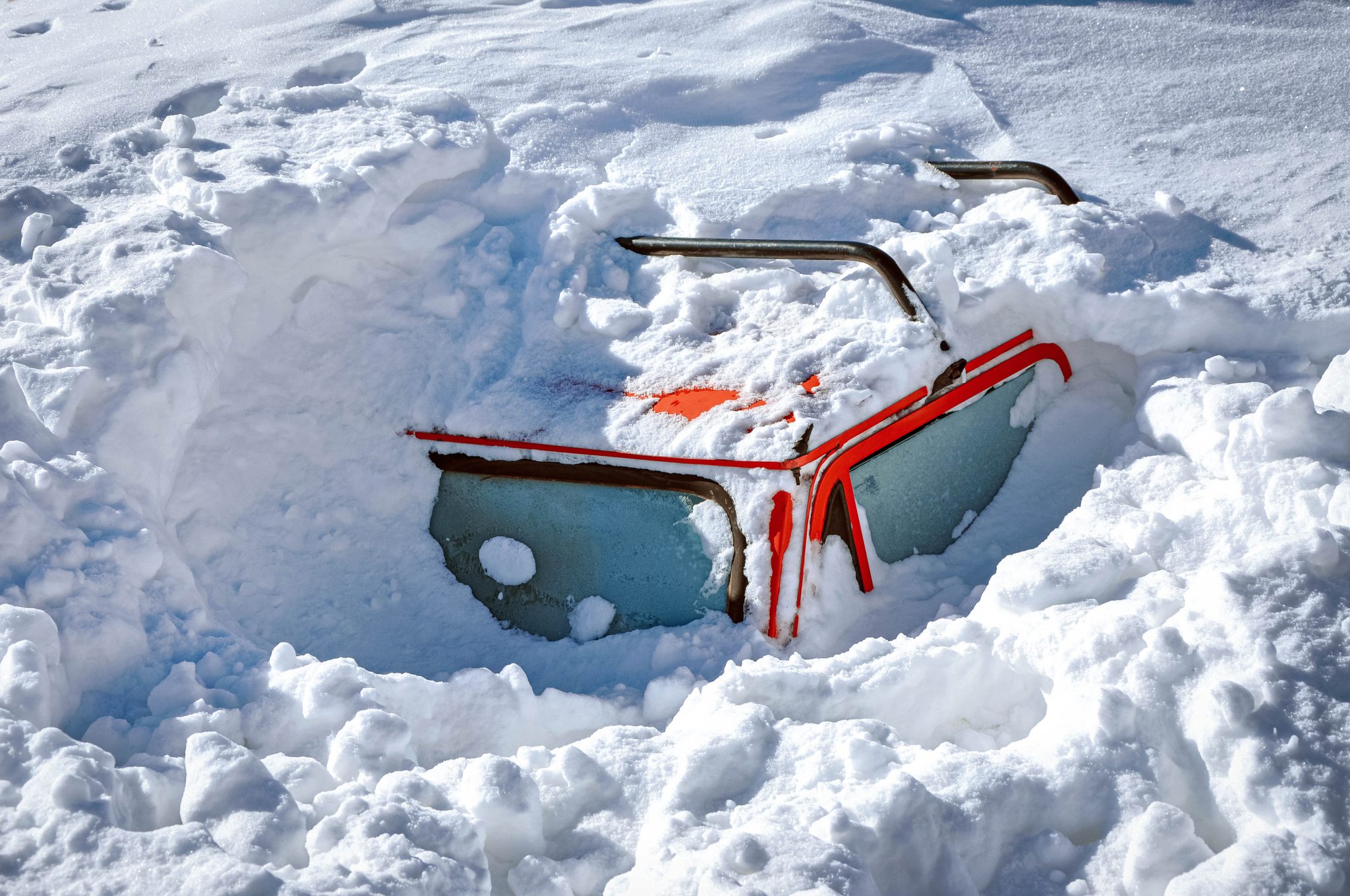
Word travels quickly in a group, and you can rely on these folks to keep the group’s safety in mind by tracking what is happening around them. If you live in an area affected by any potential natural disaster like a blizzard, flood, tornado, earthquake, or hurricane, you should definitely be aware of what’s coming.
Having an evacuation plan ahead of time for various emergency situations will speed up your response time and make you and your loved ones more prepared for whatever emergency you may face.
Something as simple as insurance can provide much-needed recovery from a major disaster if you’re planning ahead. Check out modern apps for your phone that track these events, and tap into your community’s resources for monitoring and responding to natural events like this.
Final Thoughts on Disaster Prep
Who knows what fate awaits us. The aliens we’ve been expecting could finally arrive, or the rapture might actually take place. Whatever tomorrow brings, make a plan and start preparing for it today.
This content was originally posted by Fieldcraft Survival in August 2020.
READ NEXT – Survival Garden 108: Preserving Your Crops

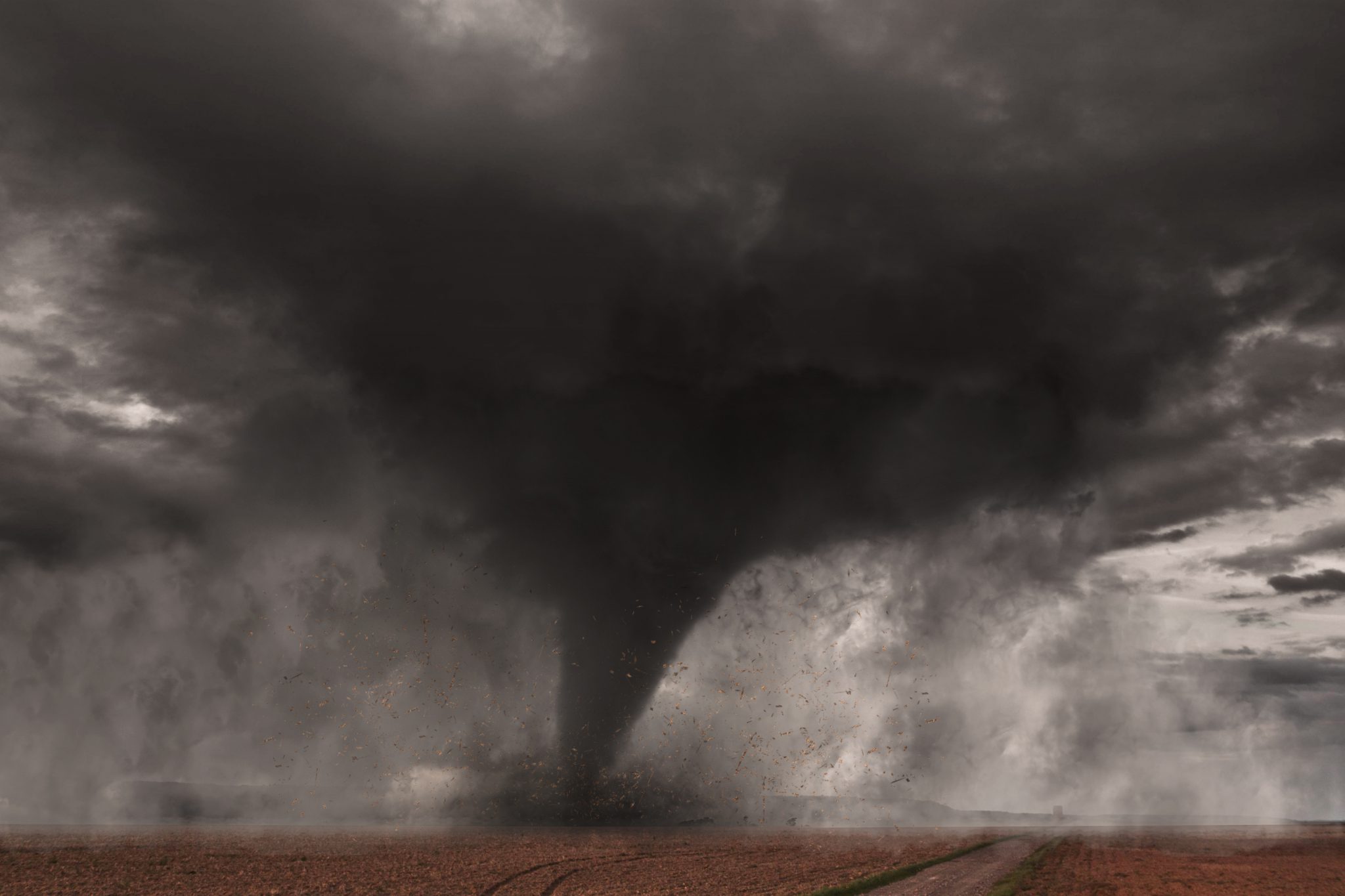

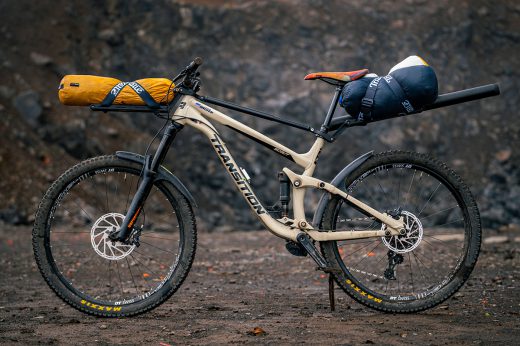

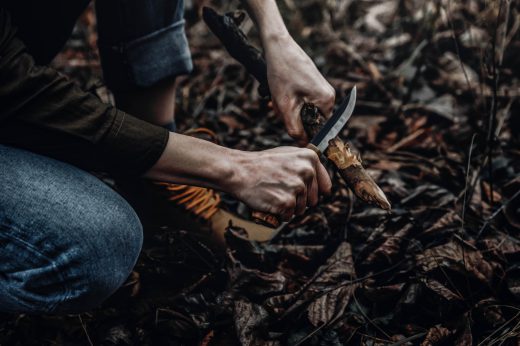


Comments